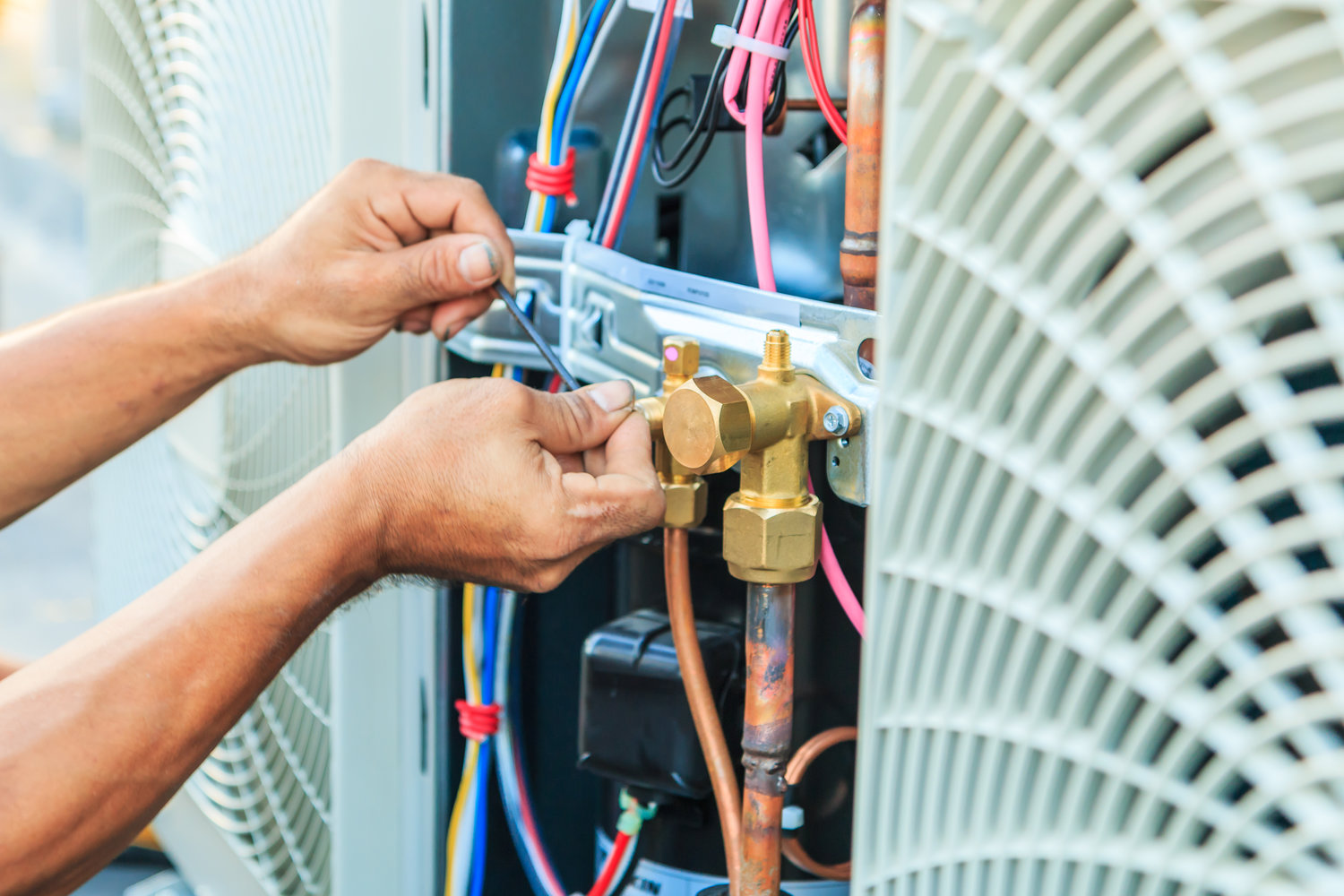In the modern world, energy efficiency remains a pressing concern for homeowners and companies alike. air conditioning service to save energy is through heating, ventilation, and air conditioning systems. Whether you are seeking to lower your energy bills or improve the quality of your home or workplace, understanding the principles of HVAC is essential.
This beginner’s guide will take a closer look at what HVAC and its functioning, equipping you with the knowledge needed to address common HVAC problems and service your system properly. We will delve into practical tips for boosting energy efficiency, including choosing an appropriate HVAC unit to tweaking thermostat controls for different times of the year. Participate as we explore the approaches that can help you lower expenses while ensuring a pleasant environment throughout the year.
Comprehending Heating, Ventilation, and Air Conditioning
HVAC, which stands for HVAC, is essential for ensuring ideal interior spaces. It encompasses multiple technologies that control temperature, humidity, and indoor air quality in home and commercial spaces. These mechanisms work together to establish a stable atmosphere, making sure that heat is distributed evenly during colder months and that cold air moves during the hotter seasons.

The operation of an HVAC system can be categorized into 3 primary parts: warming, ventilation, and air conditioning. Heating units, such as boilers and heating pumps, create warmth, while air conditioning units reduce air temperature to give coolness in elevated temps. Air exchange is the process of exchanging air inside a building to reduce humidity, foul scents, and pathogens, thereby enhancing indoor air quality. Understanding how these factors works assists homeowners and businesses adapt their HVAC systems to fulfill their individual requirements.
When purchasing an HVAC setup, factors like fuel efficiency, cost, and the scale of the space must be evaluated. Modern HVAC systems are increasingly manufactured with power-saving features that minimize both greenhouse emissions and utility bills. The newest technologies, such as intelligent climate controls and zoning systems, offer homeowners more command over their warmth and air conditioning, making it essential to remain updated about available options and developments in the industry. This knowledge can bring about improved satisfaction and substantial financial benefits over the course of time.
Boosting Energy Efficiency
To enhance energy conservation in your HVAC system, start by making sure that it is appropriately sized for your residence. An oversized system can cause short cycling, where the system turns on and off, wasting energy and leading to wear and tear. Conversely, an insufficient system may have difficulty to maintain comfortable temperatures, leading to increased run times and higher electricity expenses. Talk to a professional to assess the correct size for your HVAC system based on your home’s square footage, insulation, and other factors.
Consistent maintenance is key to maintaining your HVAC system running smoothly. Set up seasonal tune-ups to maintain components, check refrigerant levels, and replace filters as needed. Dirty filters can block airflow and force your system work more, which boosts energy consumption. Additionally, making sure that coils and fans are free of debris can help maximize airflow and efficiency, ultimately reducing your energy costs and extending the lifespan of your appliances.
Integrate smart technology into your HVAC system for improved energy conservation. Intelligent thermostats allow you to set heating and cooling schedules based on your daily routine, ensuring that energy is not spent unnecessarily when you're not home. They can also become familiar with your preferences over time and adjust settings automatically for maximum comfort. Moreover, consider zoning systems that allow you to heat and cool individual zones of your residence independently, providing enhanced temperature control and more reducing your energy bills.
Caring for Your HVAC System
Consistent maintenance of your HVAC system is essential to guarantee optimal performance and longevity. Begin by checking and replacing air filters every month or so, as contaminated filters can obstruct airflow, decreasing the efficiency of the system and leading to higher energy costs. Additionally, maintain https://rentry.co/c5ch37vt around your outdoor unit free of debris such as leaves, grass clippings, and snow to promote proper airflow and operation.
Seasonal inspections are crucial for maintaining the efficiency of your HVAC system. Book a professional inspection at least once a year, best in spring for air conditioning units and fall for heating systems. During these inspections, a technician can maintain components, check for refrigerant leaks, and ensure all electrical connections are proper. This proactive approach merely extends the life of your system but can also stop costly repairs down the line.
Moreover, homeowners should remain vigilant for any warning signs that could indicate a need for repair. Pay attention to unusual noises, rising energy bills, or inconsistent temperatures throughout your home. Addressing these issues quickly can save you from more extensive problems and help maintain a comfortable indoor environment. By committing to regular maintenance and staying informed about your system’s performance, you can enjoy efficient heating and cooling for an extended period to come.
